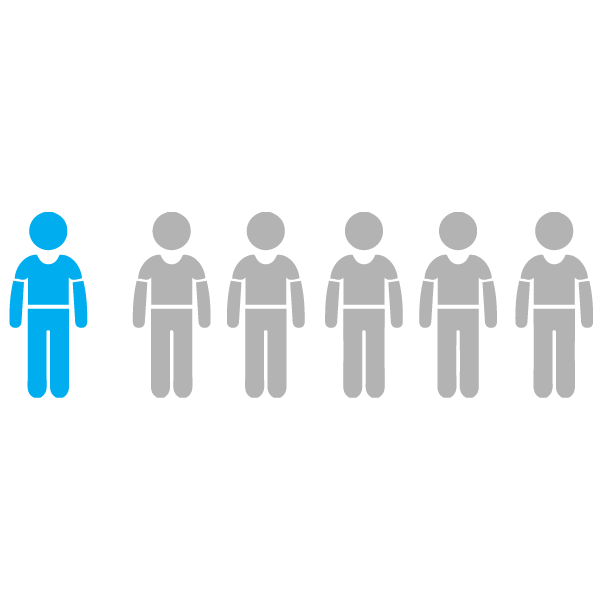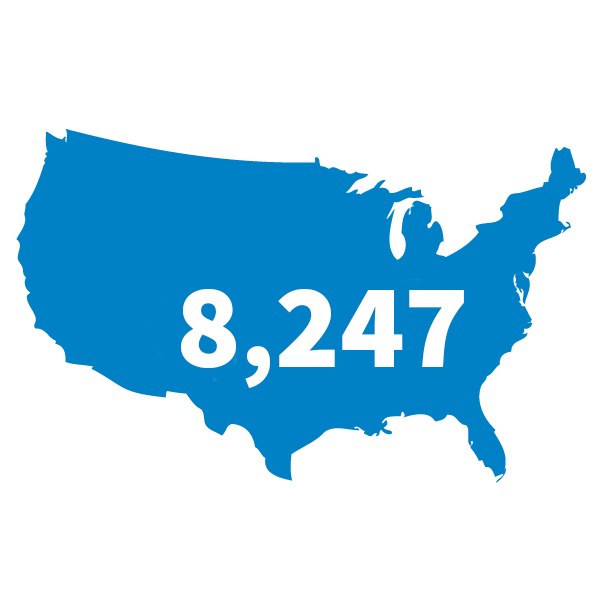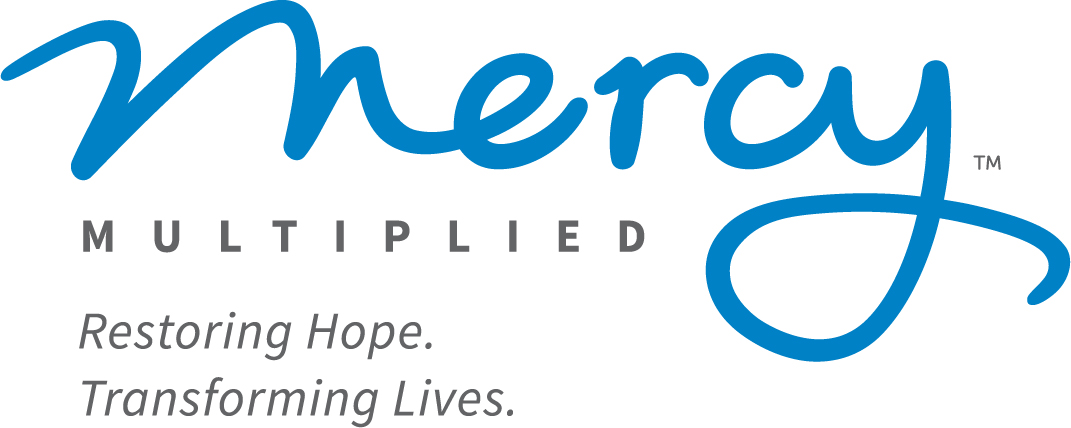Sex Trafficking
The Numbers

1:6 endangered runaways reported to the National Center for Missing and Exploited Children are likely sex trafficking victims.

8,247 sex trafficking cases were reported in 2019.

Of those 8,247 reported cases, 87% of victims were female.
What is Sex Trafficking?
According to the Center for Disease Control (CDC), sex trafficking is a type of human trafficking and is a form of modern-day slavery. It is a serious public health problem that negatively affects the well-being of individuals, families, and communities. Human trafficking occurs when a trafficker exploits an individual with force, fraud, or coercion to make them perform commercial sex or work. Sex trafficking is defined by the Trafficking Victims Protection Act of 2000 as “the recruitment, harboring, transportation, provision, obtaining, patronizing, or soliciting of a person for the purpose of a commercial sex act.” It involves the use of force, fraud, or coercion to make an adult engage in commercial sex acts. However, any commercial sexual activity with a minor, even without force, fraud, or coercion, is considered trafficking. Understanding the shared risk and protective factors for violence can help us prevent trafficking from happening in the first place.
Sex traffickers frequently target victims and then use violence, threats, lies, false promises, debt bondage, or other forms of control and manipulation to keep victims involved in the sex industry for their own profit.
Sex trafficking exists within diverse and unique sets of venues and businesses, including fake massage businesses, escort services, residential brothels, in public on city streets and in truck stops, strip clubs, hostess clubs, hotels and motels, and elsewhere.
If you or someone you know needs help, call the National Human Trafficking Hotline toll-free, 24 hours a day, 7 days a week at 1 (888) 373-7888 to speak with a specially trained Anti-Trafficking Hotline Advocate. Support is provided in more than 200 languages.
Sex Trafficking Signs and Symptoms
Sex trafficking is easily concealed, and it is vital that we be aware of its existence and warning signs. It is important to note that most victims do not self-identify as victims, have a strong sense of distrust or are not aware that help is available. Signs that someone may be a victim of sex trafficking include:
- The inability to come and go as they please
- Being accompanied by a controlling person
- Rarely being allowed in public
- Providing commercial sex acts under the age of 18
- Working excessively long and/or unusual hours
- Working a lot but not having any money, possessions or bank account
- Not having identification documents
- Owing a large debt and being unable to pay it off
- Living or working under high security measures (darkened or boarded windows, barbed wire, security cameras, etc.)
- Living where one works
- Appearing fearful, nervous or paranoid – especially at the mention of law enforcement
- Avoiding eye contact
- Appearing malnourished or in poor health (including STD’s, urinary difficulty, infertility, dental problems, etc.)
- Showing physical signs of abuse, restraint, confinement or torture (bruises, scars, etc.)
- Not being able to clarify where they are staying
- Inconsistencies in their story
- Only knowing sex related words in English
- Substance or drug abuse
- Answers appear to be scripted and rehearsed
Need Help?
If you or someone you know is a victim of sex-trafficking, Mercy Multiplied can help. Our residential program helps young women ages 13-32. If you reside in Monroe, LA or St Louis, MO, please consider applying to our Center for Wellness and Counseling. These outpatient counseling services are offered to men and women 13 and older. Our residential and outpatient services are free-of-charge, and you can learn more about these services here. If you do not qualify for either of these programs, please consider finding a Christian counselor in your area or visit aacc.net.


